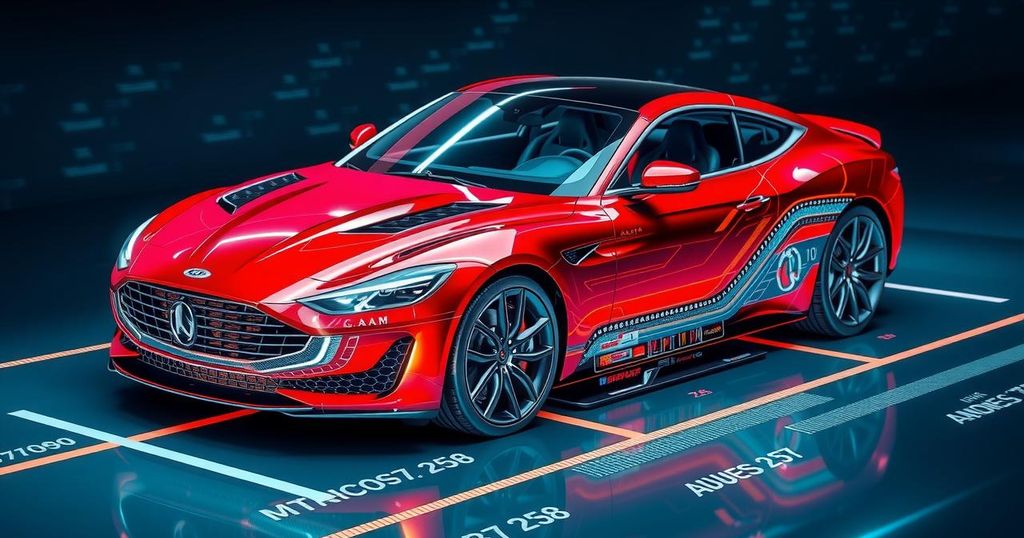General Motors Faces Severe Challenges in China’s Automotive Market
General Motors is experiencing a significant decline in its performance in China, with a 19% drop in sales and substantial losses amounting to $347 million from joint ventures. The rise of local electric vehicle manufacturers has drastically shifted consumer preferences, challenging the viability of foreign automakers in the world’s largest car market. Experts predict that many Western brands may exit China within five years if current trends continue.
The automotive landscape is undergoing significant changes, particularly in China, which was once a lucrative market for General Motors (GM). While GM enjoyed substantial profits from its operations in China during the last two decades, it now faces declining sales and losses, prompting questions about its future in the region. Sales in China have plummeted by 19% this year, leading to a staggering loss of $347 million across joint ventures. These shifts are attributed to the rising dominance of local electric vehicle (EV) manufacturers, who are appealing to the evolving preferences of Chinese consumers.
Moreover, GM has announced an anticipated reduction of over $5 billion in net income due to restructuring efforts aimed at scaling back operations in China, a territory that has transformed from a financial lifeline to a financial drain. Industry experts, such as Jeff Schuster of GlobalData, remark on the bleak outlook, citing that almost every international brand is grappling with challenges in the Chinese market. CEO Mary Barra remains optimistic about GM’s potential to turn things around; however, perspectives from consultants like Michael Dunne paint a less hopeful picture, suggesting the glory days of GM in China are irrevocably over.
This decline is not unique to GM; many Western automakers are experiencing similar struggles as Chinese brands continue to increase their market share, rising from 38% five years ago to approximately 70% today. The swift movement toward electric vehicle technology, driven by aggressive government policies, underscores the urgency for foreign manufacturers to innovate or risk being sidelined. Most analysts predict that within five years, many Western automakers will withdraw from the Chinese market altogether, should conditions remain unchanged.
Historically, General Motors (GM) thrived in China, benefitting from a booming automotive market that significantly buffered its losses in North America and Europe. However, this trend has dramatically reversed as Chinese consumers increasingly favor domestic brands, particularly electric vehicles (EVs), over foreign alternatives. The Chinese government’s shift towards promoting EV adoption through incentives has resulted in substantial changes in market dynamics, leaving Western manufacturers, including GM, struggling to adapt to new consumer preferences and a highly competitive landscape.
In summary, the retreat of General Motors from the Chinese market exemplifies broader challenges faced by foreign automakers in an increasingly competitive environment dominated by local manufacturers. As the shift toward electric vehicles accelerates, GM’s past success in China has faded, leaving the company navigating significant losses and an urgent need for strategic adjustment. Without effective measures to regain traction, the potential exit of many Western brands from the Chinese automotive market looms large within the next few years, with dire implications for their long-term viability.
Original Source: www.cnn.com








Post Comment